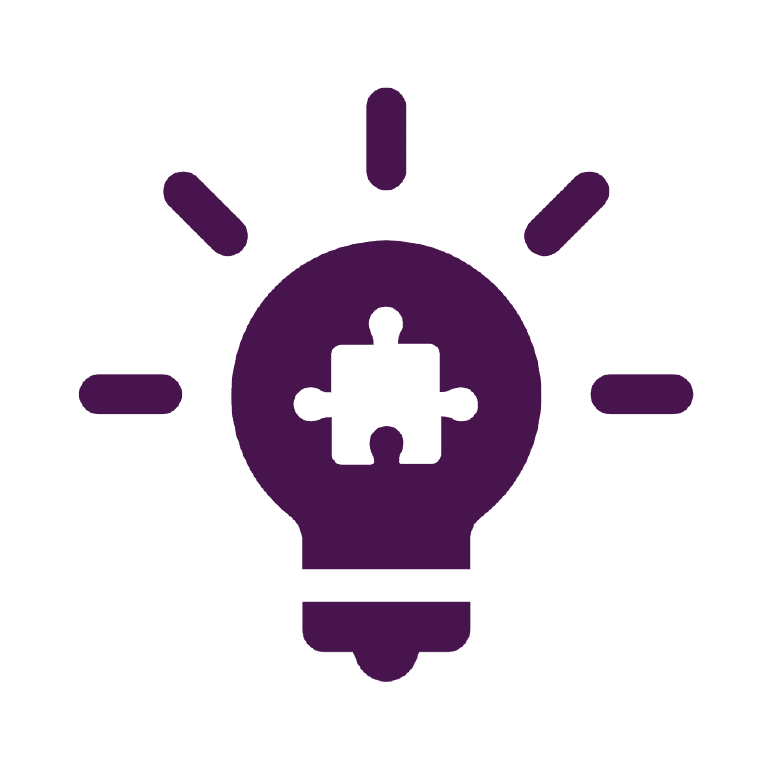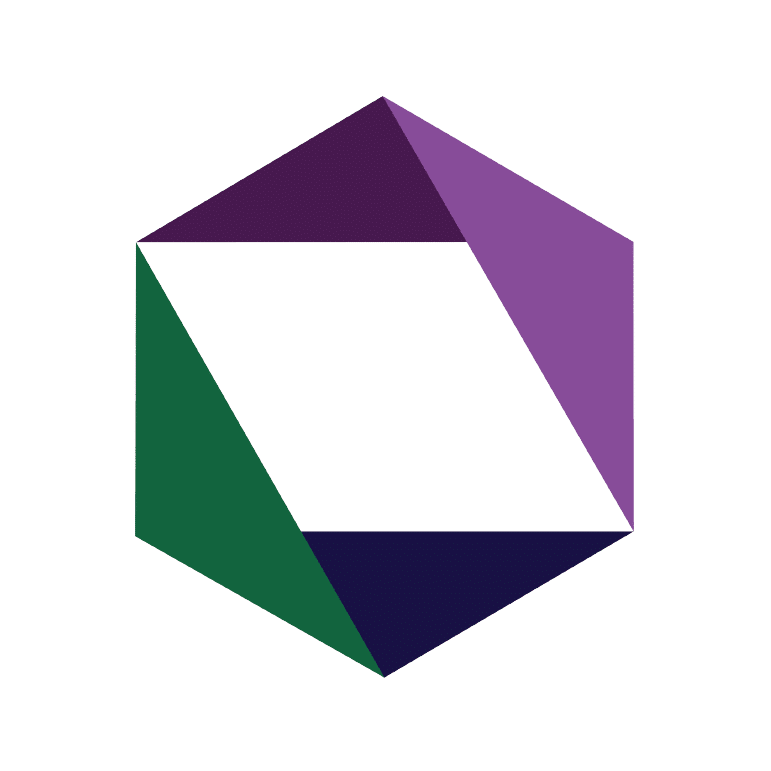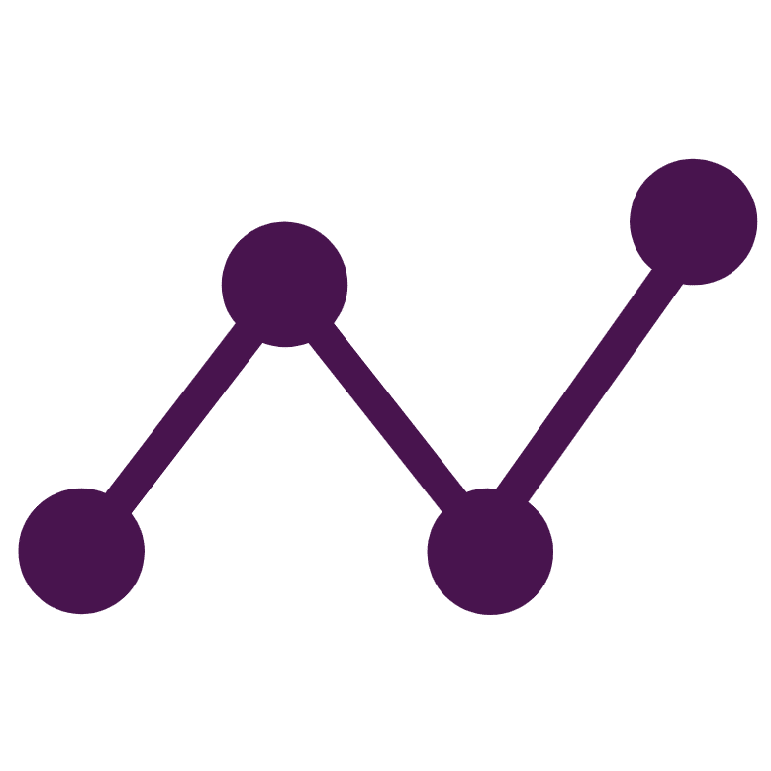
The Challenge
The medical field is an extremely complex space, with thousands of concepts that are referred to by vastly different terms. These terms can vary across regions, languages, areas of practice, and even from clinician to clinician. Additionally, patients often communicate with clinicians using language that reflects their more elementary understanding of health. This complicates the experience for patients when trying to find resources relevant to certain topics such as medical conditions or treatments, whether through search, chatbots, recommendations, or other discovery methods. This can lead to confusion during stressful situations, such as when trying to find a topical specialist or treat an uncommon condition.
A major online healthcare information provider engaged with EK to improve both their consumer-facing and clinician-facing natural language search and discovery platforms in order to deliver faster and more relevant results and recommendations. Their consumer-facing web pages aimed to connect consumers with healthcare providers when searching for a condition, with consumers often using terms or phrases that may not be an exact match with medical terms. In contrast, the clinicians who purchased licenses to the provider’s content required a fast and accurate method of searching for content regarding various conditions. They work in time-sensitive settings where rapid access to relevant content could save a patient’s life, and often use synonymous acronyms or domain-specific jargon that complicates the search process. The client desired a solution which could disambiguate between concepts and match certain concepts to a list of potential conditions. EK was tasked to refine these search processes to provide both sets of end users with accurate content recommendations.

The Solution
Leveraging both industry and organizational taxonomies for clinical topics and conditions, EK architected a search solution that could take both the technical terms preferred by clinicians and the more conversational language used by consumers and match them to conditions and relevant medical information.
To improve search while maintaining a user-friendly experience, EK worked to:
- Enhance keyword search through metadata enrichment;
- Enable natural language search using large language models (LLMs) and vector search techniques, and;
- Introduce advanced search features post-initial search, allowing users to refine results with various facets.
The core components of EK’s semantic search advisory and implementation included:
- Search Solution Vision: EK collaborated with client stakeholders to determine and implement business and technical requirements with associated search metrics. This would allow the client to effectively evaluate LLM-powered search performance and measure levels of improvement. This approach focused on making the experience faster for clinicians searching for information and for consumers seeking to connect with a doctor. This work supported the long-term goal of improving the overall experience for consumers using the search platform. The choice of LLM and associated embeddings played a key role: by selecting the right embeddings, EK could improve the association of search terms, enabling more accurate and efficient connections, which proved especially critical during crisis situations.
- Future State Roadmap: As part of the strategy portion of this engagement, EK worked with the client to create a roadmap for deploying the knowledge panel to the consumer-facing website in production. This roadmap involved deploying and hosting the content recommender, further expanding the clinical taxonomy, adding additional filters to the knowledge panel (such as insurance networks and location data), and search features such as autocomplete and type-ahead search. Setting future goals after implementation, EK suggested the client use machine learning methods to classify consumer queries based on language and predict their intent, as well as establish a way to personalize the user experience based on collected behavioral data/characteristics.
- Keyword and Natural Language Search Enhancement: EK developed a gold standard template for client experts in the medical domain to provide the ideal expected search results for particular clinician queries. This gold standard served as the foundation for validating the accuracy of the search solution in pointing clinicians to the right topics. Additionally, EK used semantic clustering and synonym analysis in order to identify further search terms to add as synonyms into the client’s enterprise taxonomy. Enriching the taxonomy with more clinician-specific language used when searching for concepts with natural language improved the retrieval of more relevant search results.
- Semantic Search Architecture Design and LLM Integration: EK designed and implemented a semantic search architecture to support the solution’s search features, EK connecting the client’s existing taxonomy and ontology management system (TOMS), the client’s search engine, and a new LLM. Leveraging the taxonomy stored in the TOMS and using the LLM to match search terms and taxonomy concepts based on similarity enriched the accuracy and contextualization of search results. EK also wrote custom scripts to evaluate the LLM’s understanding of medical terminology and generate evaluation metrics, allowing for performance monitoring and continuous improvement to keep the client’s search solution at the forefront of LLM technology. Finally, EK created a bespoke, reusable benchmark for LLM scores, evaluating how well a certain model matched natural language queries to clinical search terms and allowing the client to select the highest-performing model for consumer use.
- Semantic Knowledge Panel: To demonstrate the value this technology would bring to consumers, EK developed a clickable, action-oriented knowledge panel that showcased the envisioned future-state experience. Designed to support consumer health journeys, the knowledge panel guides users through a seamless journey – from conversational search (e.g. “I think I broke my ankle”), to surfacing relevant contextual information (such as web content related to terms and definitions drawn from the taxonomy), to connecting users to recommended clinicians and their scheduling pages based on their ability to treat the condition being searched (e.g. An orthopedist for a broken ankle). EK’s prototype leveraged a taxonomy of tagged keywords and provider expertise, with a scoring algorithm that assessed how many, and how well, those tags matched the user’s query. This scoring informed a sorted display of provider results, enabling users to take direct action (e.g. scheduling an appointment with an orthopedist) without leaving the search experience.

The EK Difference
EK’s expertise in semantic layer, solution architecture, artificial intelligence, and enterprise search came together to deliver a bespoke and unified solution that returned more accurate, context-aware information for clinicians and consumers. By collaborating with key medical experts to enrich the client’s enterprise taxonomy, EK’s semantic experts were able to share unique insights and knowledge on LLMs, combined with their experience with applying taxonomy and semantic similarity in natural language search use cases, to place the client in the best position to enable accurate search. EK also was able to upskill the client’s technical team on semantic capabilities and the architecture of the knowledge panel through knowledge transfers and paired programming, so that they could continue to maintain and enhance the solution in the future.
Additionally, EK’s solution architects, possessing deep knowledge of enterprise search and artificial intelligence technologies, were uniquely positioned to provide recommendations on the most advantageous method to seamlessly integrate the client’s TOMS and existing search engine with an LLM specifically developed for information retrieval. While a standard-purpose LLM could perform these tasks to some extent, EK helped design a purpose-built semantic search solution leveraging a specialized LLM that better identified and disambiguated user terms and phrases.
Finally, EK’s search experts were able to define and monitor key search metrics with the client’s team, enabling them to closely monitor improvement over time, identifying trends and suggesting improvements to match. These search improvements resulted in a solution the client could be confident in and trust to be accurate.

The Results
The delivery of a semantic search prototype with a clear path to a production, web-based solution resulted in the opportunity for greatly augmented search capabilities across the organization’s products. Overall, this solution allowed both healthcare patients and clinicians to find exactly what they are looking for using a wide variety of terms.
As a result of EK’s semantic search advisory and implementation efforts, the client was able to:
- Empower potential patients to use web-based semantic search platform to search for specialists who can treat their conditions quickly and easily find care;
- Streamline the content delivery process in critical, time-sensitive situations such as emergency rooms by providing rapid and accurate content that highlights and elaborates on potential diagnoses and treatments to healthcare professionals; and
- Identify potential data and metadata gaps in the healthcare information database that the client relies on to populate its website and recommend content to users.
Looking to improve your organization’s search capabilities? Want to see how LLMs can power your semantic ecosystem? Learn more from our experience or contact us today.
